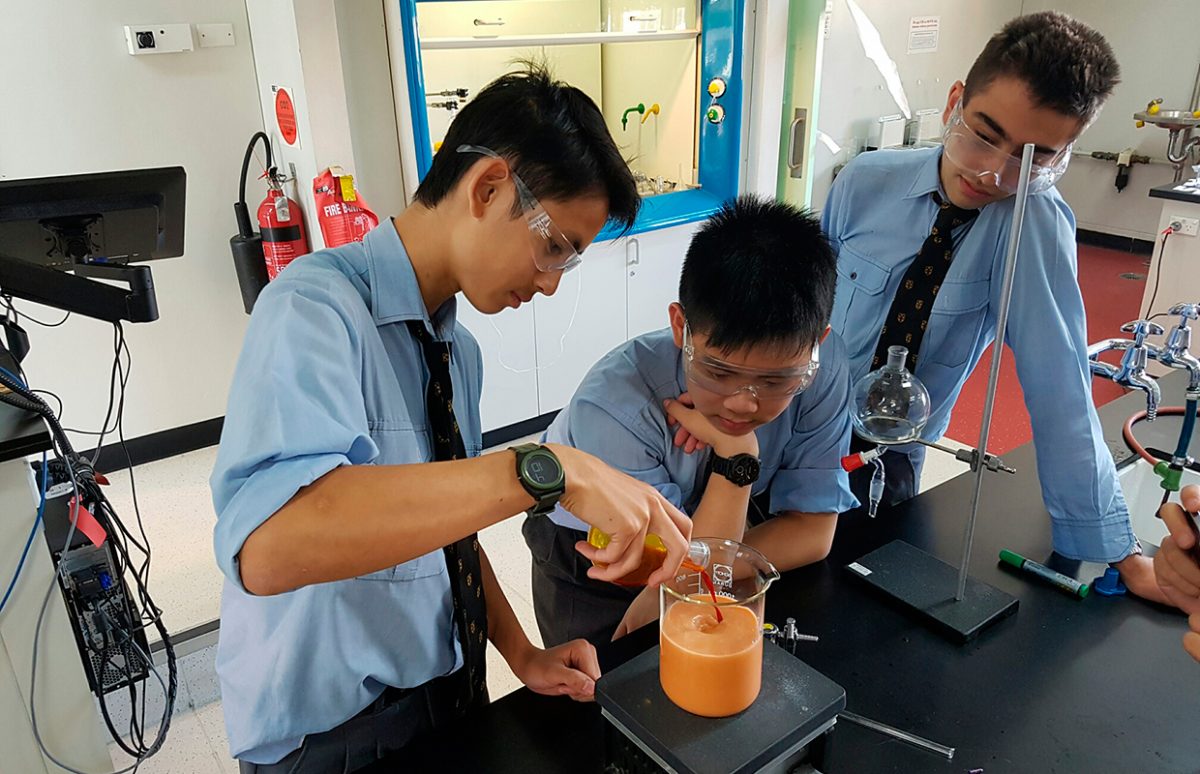The recent success of Australian students who have drawn attention to a pharmaceutical price scandal by synthesising an essential medical drug in their high-school lab is a great subject for class discussion, involving science but also ethics and economics, as well as English of course. It can also inspire pupils to get involved in crowd participation science projects, individually or as part of a cross-curricular class project.
High-school Students and the Daraprim Scandal
This Guardian article has a simple slide show summarising the story and a good short video with two of the students talking about the product.
The Open Source Malaria consortium is using collaborative science to try to advance cures for malaria before the disease becomes totally resistant to existing medicines. They are working on a number of molecules that have been released for open-source research by big pharmaceutical companies.
This video is a talk by Dr Alice Williamson about the concept of open source drug discovery and Open Source Malaria. She speaks clearly and slowly (sorry if you are expecting an Australian accent, she's English). It's a lecture, so she has slides on the screen to help comprehension. About 13:45 she talks about the Sydney Grammar School students and Daraprim. But the whole thing is interesting even for non-scientists. The concept of open-source, collaborative research (computer programs like Firefox, Linux operating system, Wikipedia) is something pupils can easily relate too, and, as the title of the talk, "Breaking Good", shows, Dr Williamson grabbed her audience by making a comparison with the popular TV series Breaking Bad.
This is the open source lab notebook with all the Sydney Grammar School (SGS) students' experiments.
Armchair Science
You don't have to have a science degree or even access to a lab to help advance scientific research. Here are five ways to join in crowd participation science projects and help astronomers, meteorologists, ornithologists and marine biologists, all from your own home or local countryside.
Tag(s) : "Australia" "collaboration" "cross-curricular" "economy" "experiments" "Give Me Five 4e" "medicine" "philosophy" "science" "teenagers"





